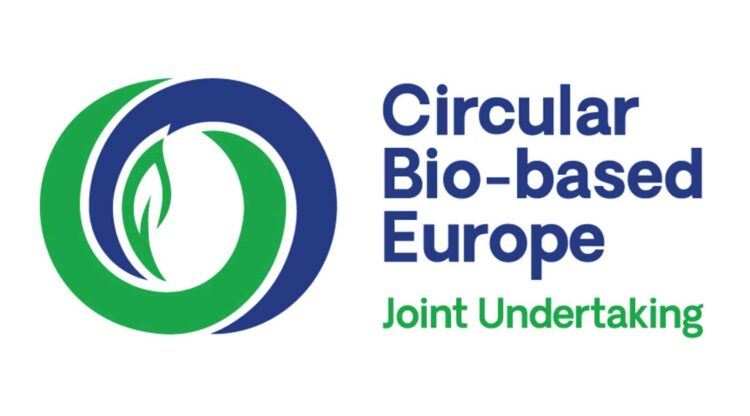

-
Engineering and technology
- Process engineering not elsewhere classified
Successfully scaling up the sustainable and biodegradable materials is essential for the future growth of European industry. To compete with well-established fossil-based chemicals, biobased alternatives need to solve the triple equation of environmental, safe, economic and societal performance. At the same time it must be economically viable on an industrial scale and possess properties akin or superior to existing petroleum-derived analogues. Few biobased polymers have met this challenge. NEXT-STEP will build on the H2020 BioCatPolymers project to demonstrate a sustainable, safe and economically viable production process for a new chemical platform with large scale applications, notably in the bio-based polymer market. NEXT-STEP will use Harwdood sugars produced from sustainably managed forest at the flagship plant of the project partner Fibenol. NEXT-STEP has
defined ambitious KPIs for its process regarding its economic performances as well as its Biomass and Energy efficiency. The new chemical platform, the 3-methyl-d-valerolactone (3MdVL) will improve the sustainability and recyclability of polyurethane (PU) products and unlock new engineering plastic applications for Polylactic acid (PLA) co-polymers. Together with its derivate 3-methyl 1,5-pentanediol (3MPD), the 3MdvL can also be used as a biobased polyol component in the traditional PU and other plastic production processes. NEXT-STEP will demonstrate the applicability of its chemical platform by demonstrating its use as a feedstock for the production of (i) Polylactic acid (PLA) co-polymers for shoe outsole, and of (ii) recyclable Non Isocyanate Polyurethane foams for shoe mid-sole and insulation materials applications. Five other applications will be selected for demonstration together with the polymer industry during the project.